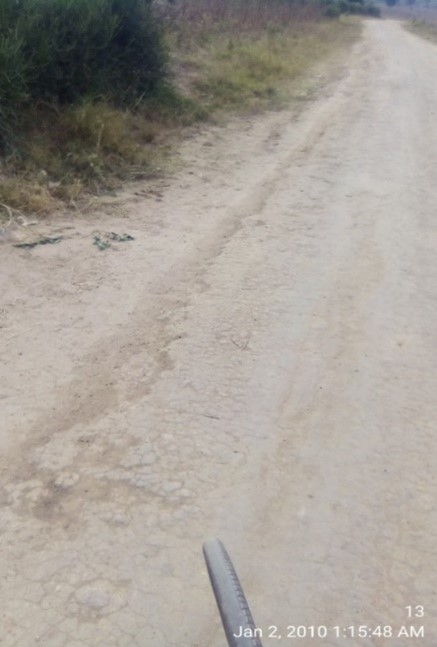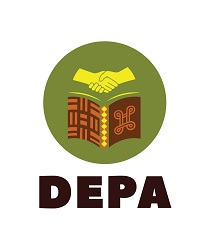The project is in the latter stages of data co-creation but one of the defining features of the work has been the participatory approach to working with the participants.
Decolonising research cultures and practices has many branches, from: challenging hierarchies of knowledges (who sets research agendas and what/whose knowledges count); addressing biases in research ecosystems (such as funding conditions and constraints; opening research processes to more inclusionary and equitable participation of researched communities and disrupting asymmetries in power arrangements (Thambinathan & Kinsella, 2021).
In Uganda, a primary focus of the projects decolonial agenda has been to - contest and explore ways of working in research partnerships. How might the dynamics of relationships and roles between researcher and researched be rethought and reconfigured? Discussions on the topic tend to centre on generating equity within partnerships by addressing power asymmetries. Through doing this project, we would argue that being blind to power differentials ignores important realities, which need to be recognised and discussed throughout the research process. Three of these aspects that have emerged include:
Rethinking research partnerships tends to still assign roles and responsibilities in exclusive ways – the researcher, participant, NGO partner, community researchers. Through the Uganda project we have seen team members occupying different spaces, positions and functions at points throughout the research process. The NGO partner for example, leading aspects of research design, producing literature reviews and leading on academic outputs. The community researchers leading sessions on the design process, delivering arts-training and organising output events.
Introducing the idea of multiple roles highlights the complexity of power relations in research projects.
Social and Political Transformation. Decolonial, participatory and arts-based research often hold empowerment and emancipation as critical outcomes in projects. Ambitious agendas of impact and change for those participating. Yet, taking PhotoVoice as an example, the transformative elements of research remain the least researched and understood dimension of the methodology. It is common for projects to stop at analysis and academic outputs.
Ensuring change is integral and remains part of the research conversation is important for decolonising.
It needn’t be on a grand policy scale. In Uganda, we have seen a youth group form from the project, eager to be a positive force in their community. The participants also took the lead, organising events within their communities.
The Relationship Marathon……. Developing relations between all parties to research should be a critical step in decolonising ways of working. Time investment and spaces required for relationship building, however, are often overshadowed by practicalities and realities within the research ecosystem, risking it becoming a ‘nice extra’ to do.
At an early stage, a WhatsApp group was setup including: UK and Ugandan academics, NGO partner and community researchers. This simple step created a space for continual engagement and sharing of ideas and information. While not without complications, it disrupted hierarchical lines of communication (academic-NGO-research site) and, over time, simultaneously deepened academic understanding of context, and participant insight into the projects aims and objectives, arguably enriching the data created and analysis.
Image: The Long Road
A young Congolese man’s representation of the daily struggle and future prospects of life in Oruchinga.

